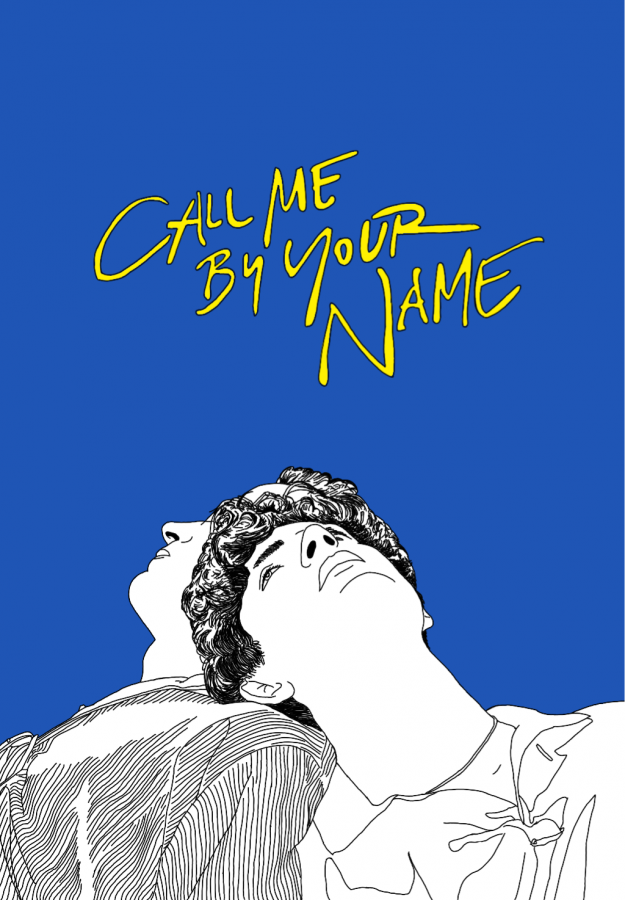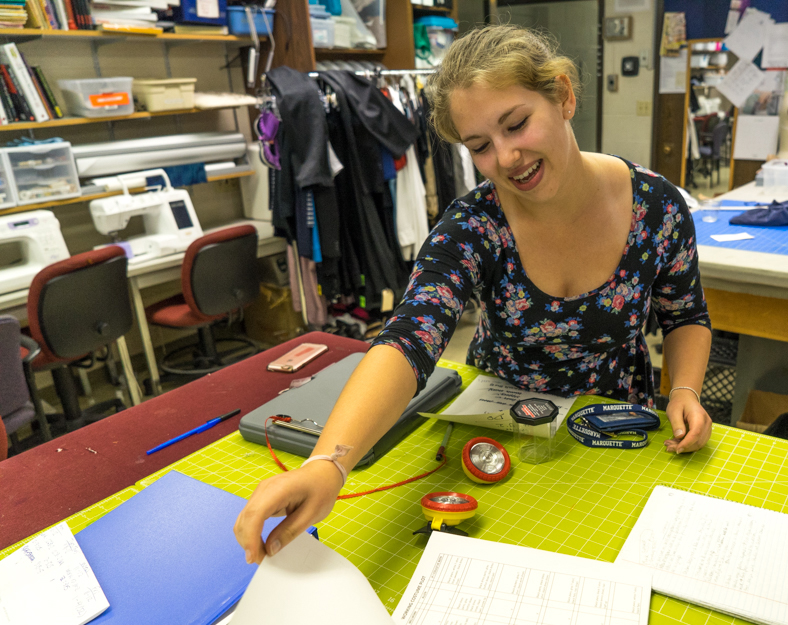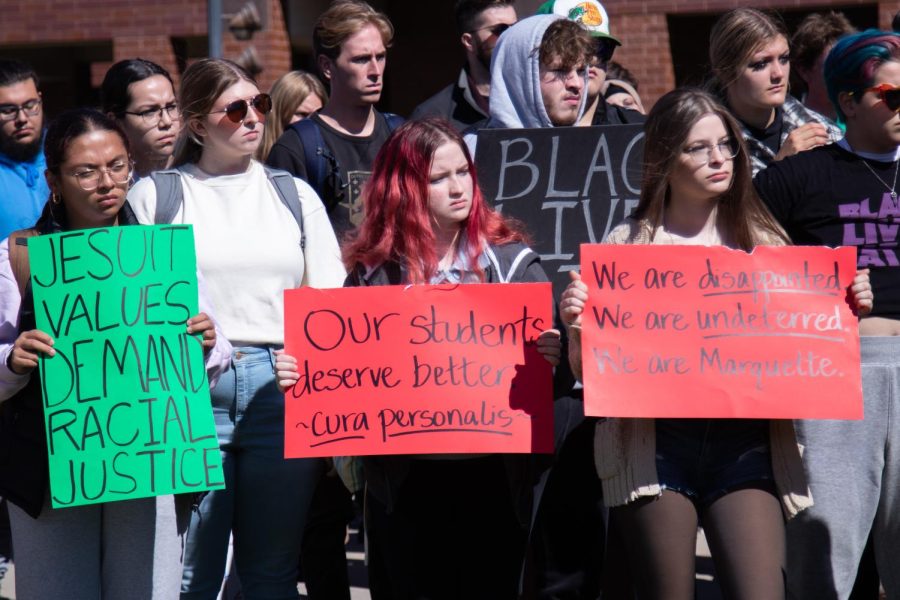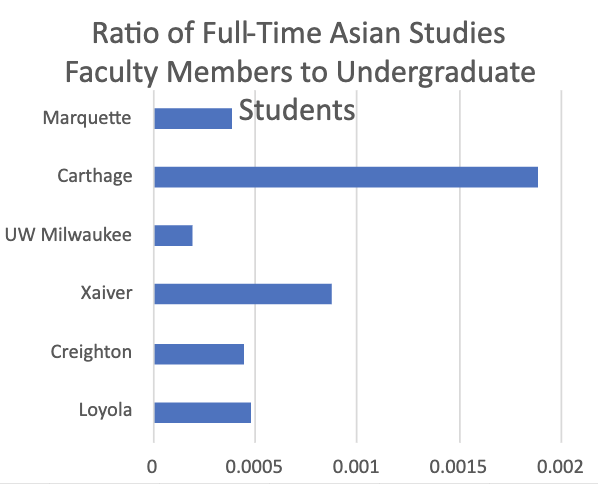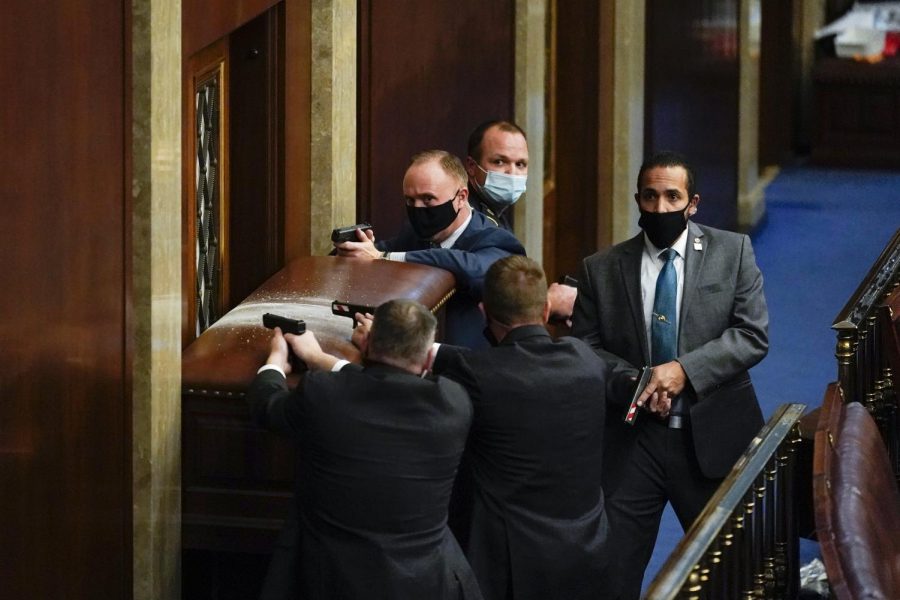LGBTQ characters must be allowed to exist in narratives that normalize their identities. Media with LGBTQ characters should allow those characters to have personalities and conflicts outside ones that pertain to being queer.
Lifetime, a channel notorious for its cheesy Christmas rom-coms, announced its first-ever Christmas movie centered around a gay couple, titled “The Christmas Set Up.” The movie focuses on the couple’s romance rather than their sexualities, which is sorely needed in LGBTQ media.
Too often, queer media involves a conflict or depressing ending that only came about because the characters are queer. For example, one character might die from homophobic violence, as is seen in the Academy Award winning film “Brokeback Mountain.”
Other critically acclaimed films such as “A Portrait of a Lady on Fire” and “Call Me By Your Name” end with one character marrying a member of the opposite sex, terminating the romance started in the film.
Many other pieces of LGBTQ media are based around conversion therapy, such as “Boy Erased” and “The Miseducation of Cameron Post,“ or the AIDS crisis. Both topics are important to cover, but should not make up a majority of LGBTQ media.
The FX show “Pose” is a great example of media that covers historical LGBTQ oppression as well as LGBTQ joy, romance and culture. It follows a group of mostly trans women and gay men in New York City’s 1980s underground ball culture.
Issues like AIDS are covered, but the characters also have rich lives full of voguing and elaborate costumes. Most importantly, it focuses on how they find community with one another despite the adversity they face.
Oftentimes in AIDS focused media, the LGBTQ “scene” is shown as deviant or unhealthy, such as in “Bohemian Rhapsody,” a fictionalized account of Freddie Mercury’s life. In one scene, the singer enters a gay club with his partner. The red lights and BDSM gear paint the LGBTQ club scene of the 1970s in hyper-sexualized light. His homosexuality is almost treated as the cause of his unhealthy lifestyle.
This isn’t to say that LGBTQ scenes weren’t harmful to queer people in the past. It wasn’t because they were gay, but because society had pushed them into the margins. LGBTQ people coped however they could.
This also isn’t to say bad things can’t, or shouldn’t, happen to LGBTQ characters. However, when all conflict in queer media is based around issues only queer people face, there is a problem. LGBTQ viewers should not have to be constantly reminded of their historical and present-day struggles simply to see representation of themselves on screen. Furthermore, LGBTQ people still experience struggles unrelated to sexuality or gender.
Some of my favorite pieces of LGBTQ media are not even about being LGBTQ at all. For example, the 2020 Netflix show “I Am Not Okay With This” features a lesbian main character, but the majority of the plot is focused on her newfound psychic abilities.
We need more media like this.
And we also need to be critical of LGBTQ narratives while also examining who is telling them. For example, the book “Call Me By Your Name,” which the movie is based off, was written by a straight man while “A Portrait of a Lady on Fire” was directed by a lesbian.
The difference is evident. The latter’s ending is more important to the plot, which encompasses not just lesbian experiences, but also how female experiences are always influenced by the patriarchy.
The ending of “Call Me By Your Name” feels almost like a lazy ending. The main character, Elio, gets a call from his summer fling, Oliver, who tells him he’s set to be married in the spring. It creates an emotional experience for the viewer, but it isn’t entirely creative or interesting.
Endings such as these send a message to viewers. It tells them that LGBTQ people’s stories will always result in strife. I don’t want people to equate LGBTQ experiences with suffering.
Consumers, especially straight and cisgender consumers, must not buy into these tropes and call out poor representation. As a queer woman, I want to watch media in which I am represented, not pitied.
This story was written by Jenna Koch. She can be reached at [email protected]

